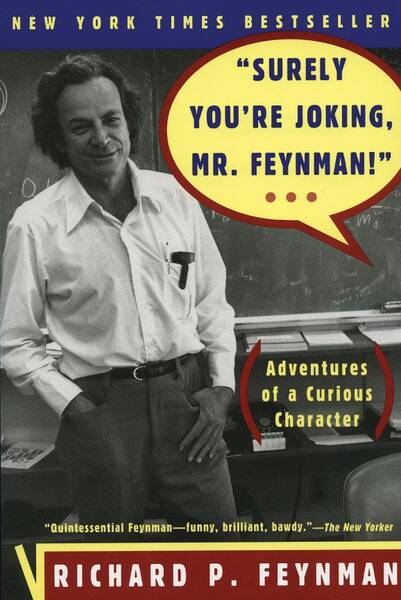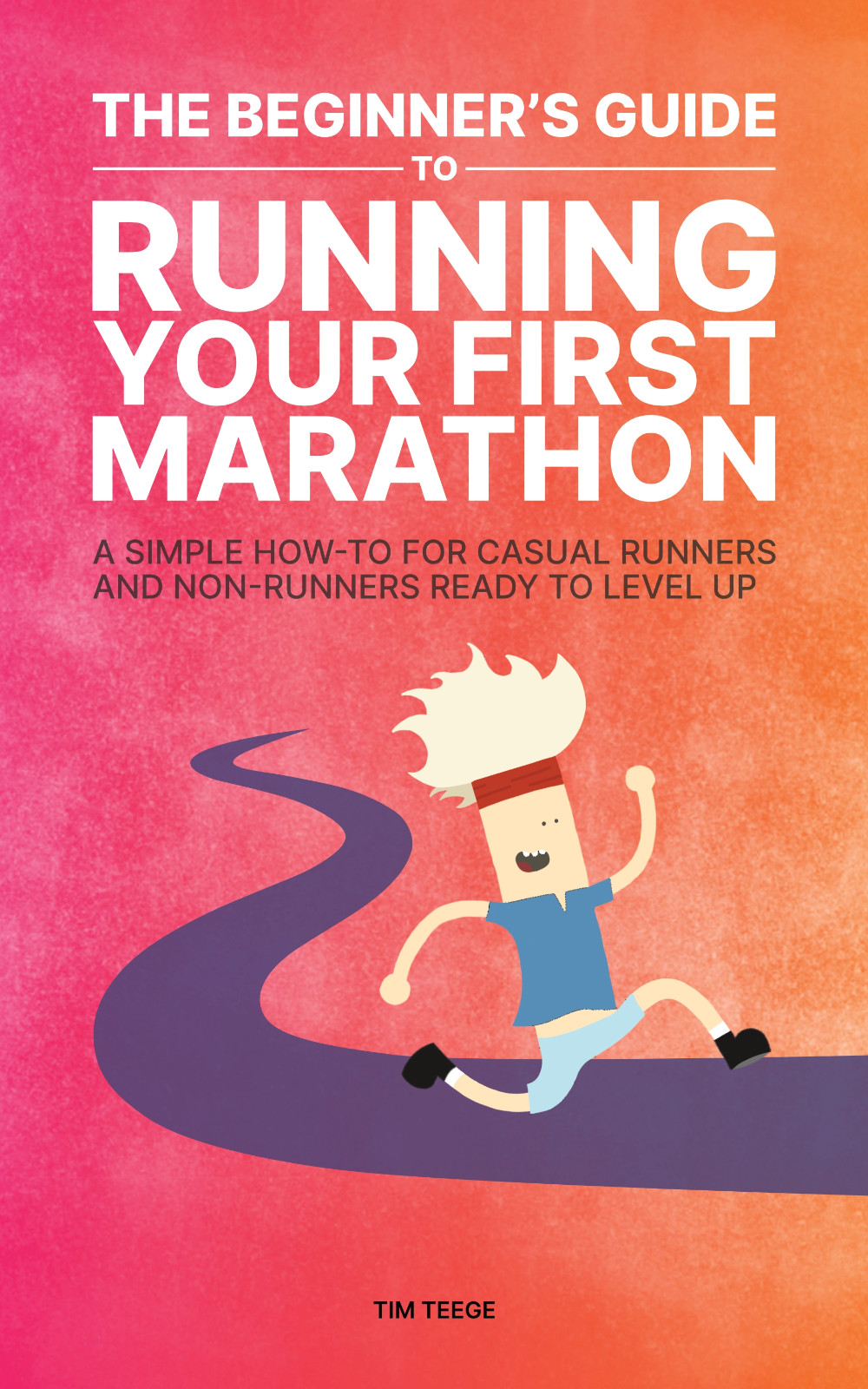🚀 The Book in 3 Sentences
- Richard Feynman is a curious and spirited person, which is the foundation for him becoming a professor of physics, winning a Nobel Prize, and going on a massive amount of adventures of a huge variety.
- He is often frustrated with the inefficiency of the status quo, which is motivating him to find out the reasons and often successfully improving the situations.
- The systems we use to teach people are weak in his opinion – we need to go about it with more experimentation and less strict methodology, as teaching and learning should be about wanting to understand the wonders of our amazing world.
🎨 Impressions
I went into the book expecting a discourse in ethics because Feynman is one of the key people behind the physics groundwork which made it possible for the USA to build the first atomic bombs which then killed about 200,000 people in Japan. I was wondering how you would continue to be able to live with that knowledge. To my surprise, Feynman never even mentioned that aspect – although he spoke at length about the time spent in Los Alamos developing the physics for the bomb.
His argument in favor of being part of the selected team to do the task was a good one, though. The possibility to build such a bomb was on the table all over the world, every nation who was significantly developed, had the knowledge that it must be possible to build such a device of massive destruction – including Nazi-Germany and its many talented scientists. In order to prevent Hitler getting a hold of that power, which he clearly would have immediately used to devastating effect, Feynman stated that it is most important that another nation apart from Nazi-Germany would develop it first.
That’s about five percent of the book. The rest is completely different. Light-hearted, funny, entertaining. Feynman describes himself as a curious character, playing with the two meanings of that word, and it couldn’t have been any more fitting to state this. He is such a driven person, apparently all throughout his life, without ever losing his curiosity. From tricking people and colleagues, learning to pick locks, becoming part of a respectable Samba group in Rio de Janeiro, sometimes successfully imitating and sometimes for real learning new languages, his behavior in society, his attitude towards being the receiver of the Nobel Prize, his experimentation with ants, the time he gave a talk in front of Albert Einstein, the book just doesn’t get boring at all.
Some chapters like the ones involving his mixed attitudes towards women don’t stand the test of time that well, but times were just different back then I guess. Not sure if that’s a valid excuse, though.
This is a highly personal and highly entertaining book written by one of the most interesting scientists or science communicators of the last century.
🍀 How the Book Changed Me
- When presented with an opportunity for an adventure, something unknown, maybe even slightly scary, use it. Especially if it’s out of your comfort zone.
- Always be curious to learn.
- Do your own experiments! It’s how we learn best.
✍️ My Top 3 Quotes
- So I have just one wish for you – the good luck to be somewhere where you are free to maintain the kind of integrity I have described, and where you do not feel forced by a need to maintain your position in the organization, or financial support, or so on, to lose your integrity. May you have that freedom.
- [Not a direct quote] Von Neumann gave Feynman the idea that you don’t have to be responsible for the world that you’re in. That’s no reason not to want to improve it, but it frees you of undeserved guilt.
- The world is full of people who are afraid of change and afraid to think for themselves.
📔 Highlights & Notes
- Innovation is a very difficult thing to establish in the real world, because people don’t like being told there is a better way of doing things than how they currently do them.
- Spending your time learning things which can be looked up in a few minutes isn’t efficient in Feynman’s eyes.
- See the world from the standpoint of others, for example ants: they can lift up a drop of water with two legs and carry it, because of the surface tension of the water. The world is so different at that scale!
- People are not incapable at identifying things by smell, for example to find out if one of ten books has been handled by another person within the last few minutes. We just don’t use that sense to our advantage and don’t think about it. Imagine the untouched potential we all have!
- If you tell people what exact goal or vision they are working towards, their motivation and output will increase ten-fold.
- When you feel imposter syndrome, roll with this idea: You have no responsibility to live up to what other people think you ought to accomplish. It’s their mistake, not your failing.
- Alcohol has the potential to destroy this most pleasant thinking machine that makes life such a big kick.
- A teacher who has some good new idea of how to teach her children to read is forced by the school system to do it some other way – or is even fooled by the school system into thinking that her method is not necessarily a good one.
- We’ve learned from experience that the truth will always come out. Other experimenters will repeat your experiment and find out whether you were wrong or right. Nobody is able to fool anyone here in the long run. The first principle is that you must not fool yourself – and you are the easiest person to fool.
- Regarding the problem with researchers who trick the system into getting funding for their field: If you’re representing yourself as a scientist, then you should explain to the layman what you’re doing – and if they don’t want to support you under those circumstances, then that’s their decision.


Leave a Comment